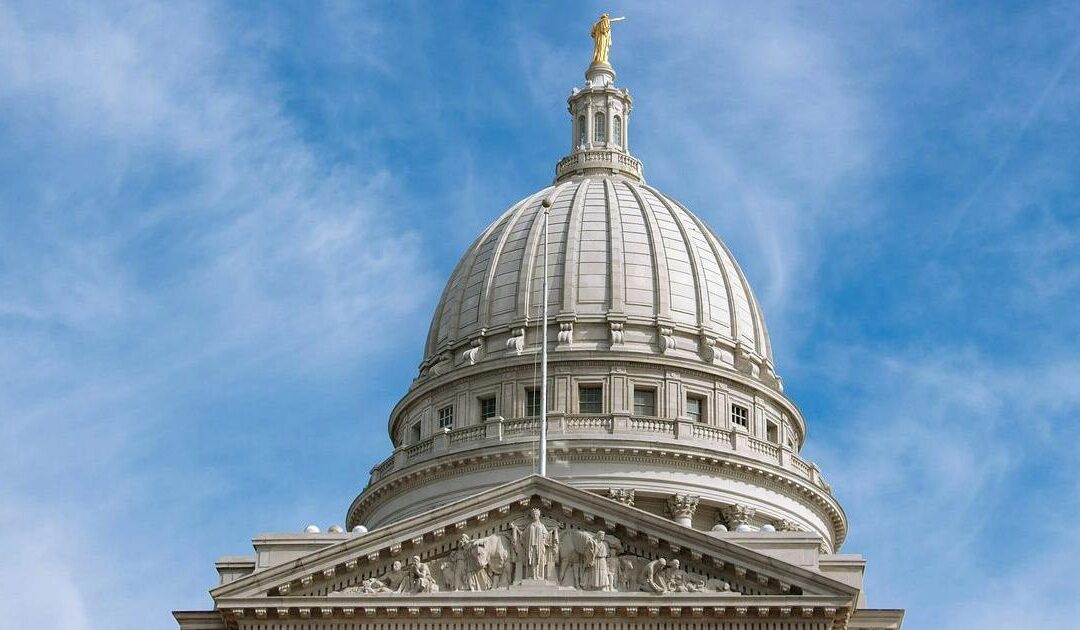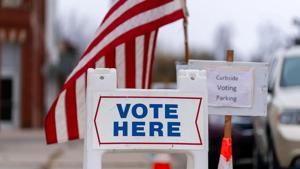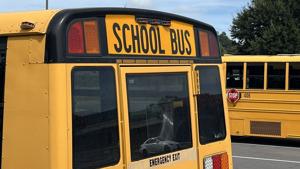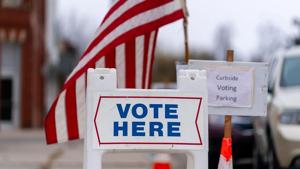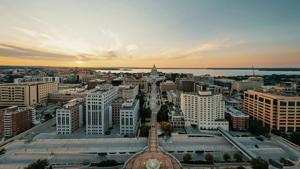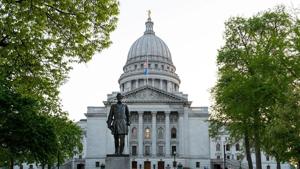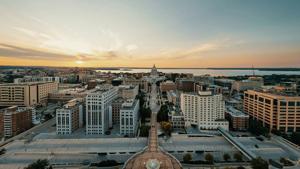(The Center Square) – The plan to give people a say on wheel taxes in their communities has cleared its first major hurdle at the Wisconsin Capitol.
The Wisconsin Senate approved Senate Bill 467, which would require local leaders to take wheel taxes to the voters. Sen. Rob Hutton. R-Elm Grove, wrote the plan.
“By placing these decisions directly in the hands of voters, our bill strengthens accountability and transparency in local tax decisions, which is particularly important for those least able to absorb new costs like these wheel taxes,” Hutton said.
The legislation passed on a mostly party-line vote, with Republicans voting for it, and Democrats largely voting against it.
The vote comes a day after city leaders in Cudahy re-worked their wheel tax.
Cudahy’s city manager proposed a $50 wheel tax as a way to find new money for the city budget. But after almost unanimous pushback from voters who attended Cudahy’s city council meeting, the council agreed to add a $25 wheel tax.
Cudahy is not the only community to look at or adopt a wheel tax in Wisconsin.
Currently 53 municipalities and 14 counties have wheel taxes. But Hutton said the numbers don’t tell the full story.
“In 2011, only four Wisconsin communities imposed a wheel tax, but since 2020, at least 24 additional local governments have adopted one. In some areas, residents pay the tax twice – once to their municipality and again to their county,” he said in a statement.
Wheel taxes, which are essentially an extra fee to renew license plates, typically range between $10 and $50.
And unlike other local tax increases, local leaders can adopt a wheel tax without voters’ approval.
“This bill doesn’t take away options from local governments, but it does require local officials to make their case directly to the people and ensures taxpayers have the final say at the ballot box,” Hutton added.


